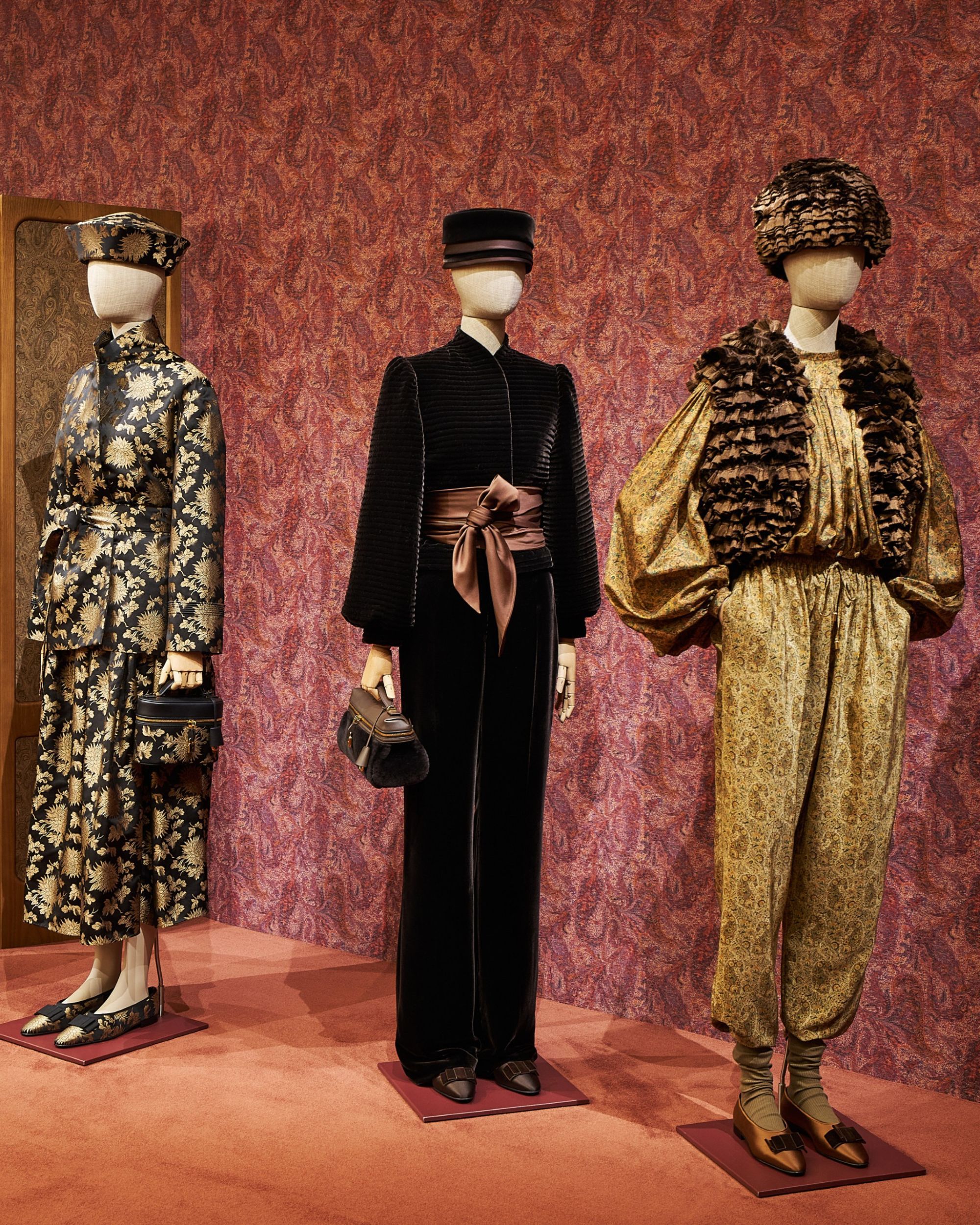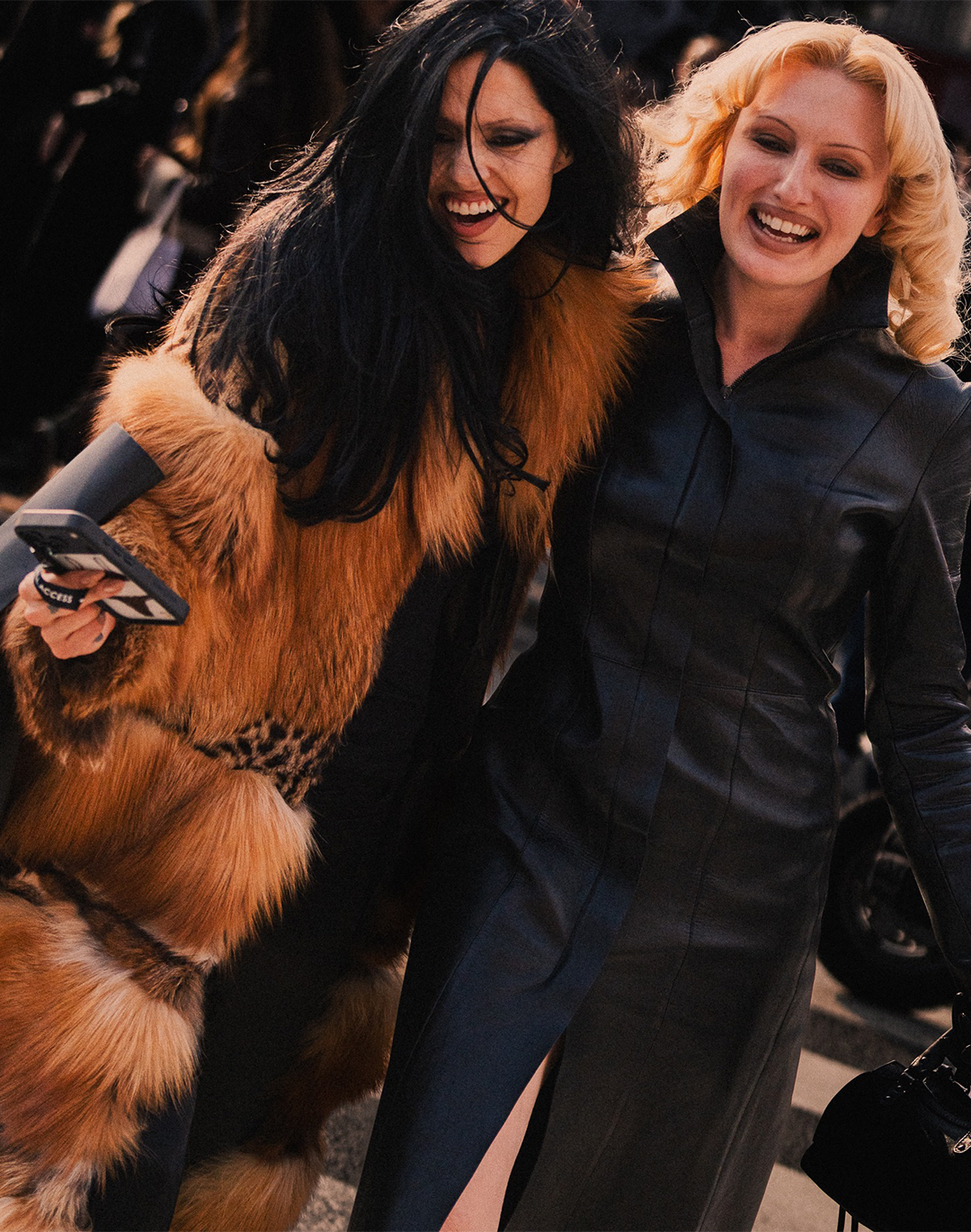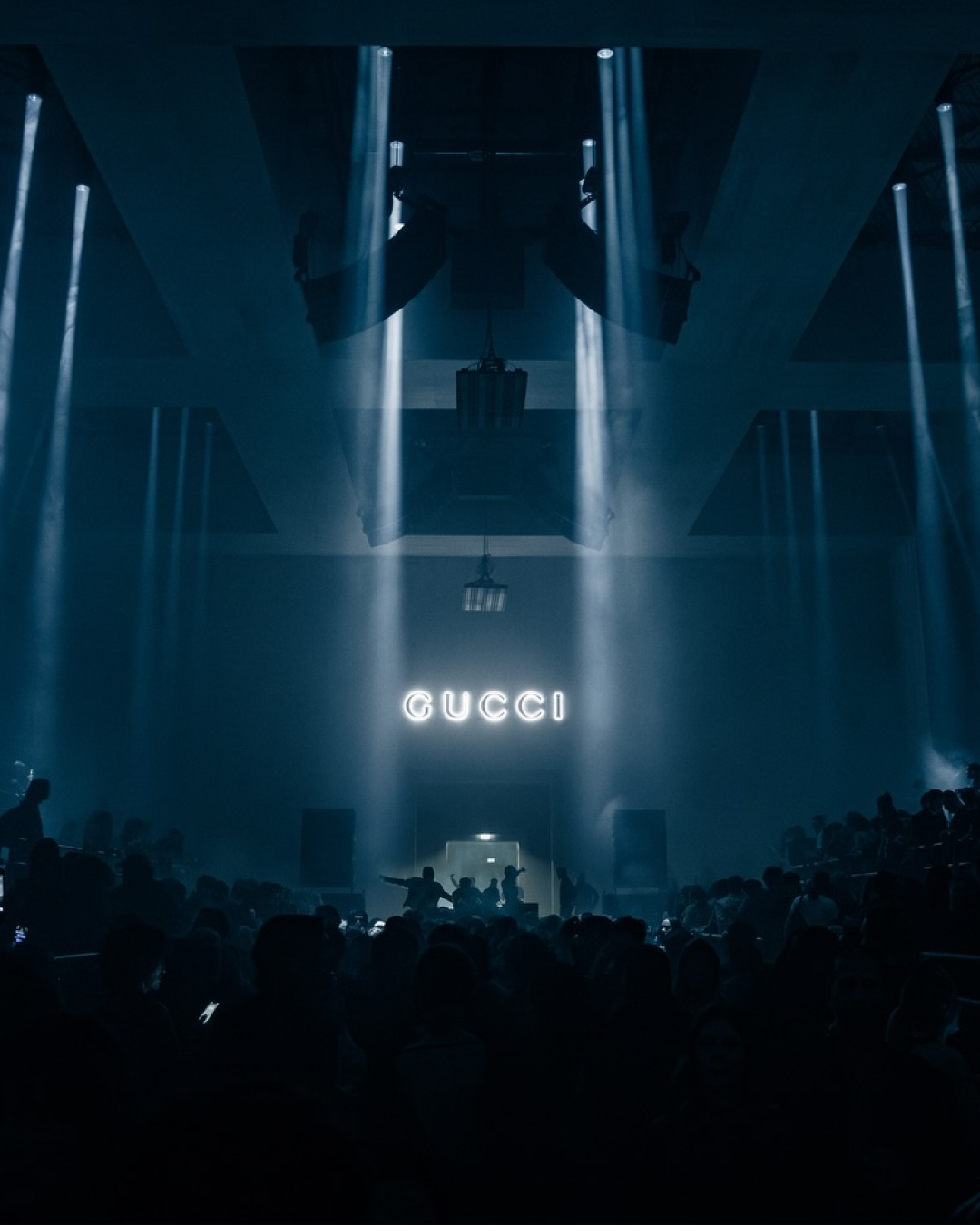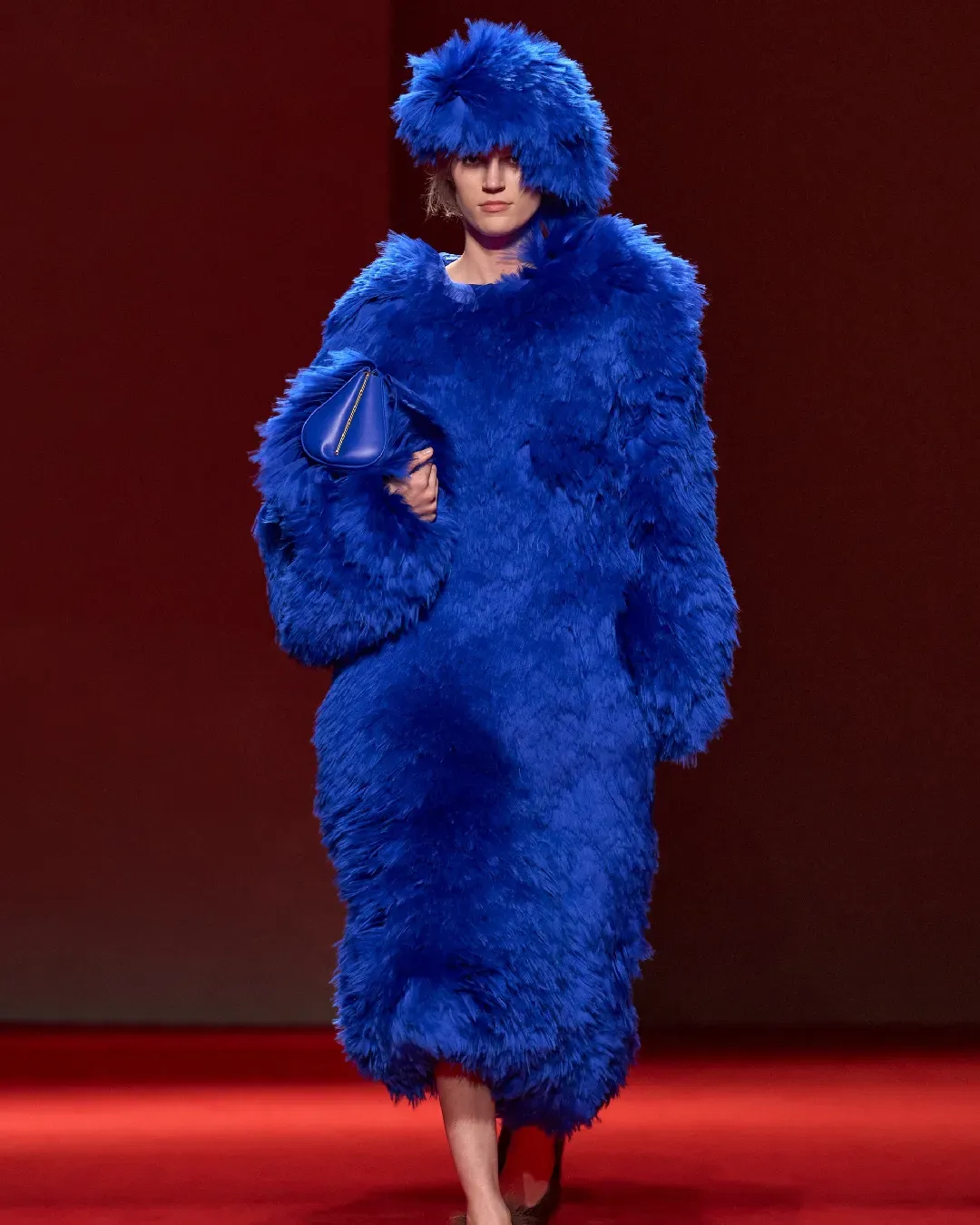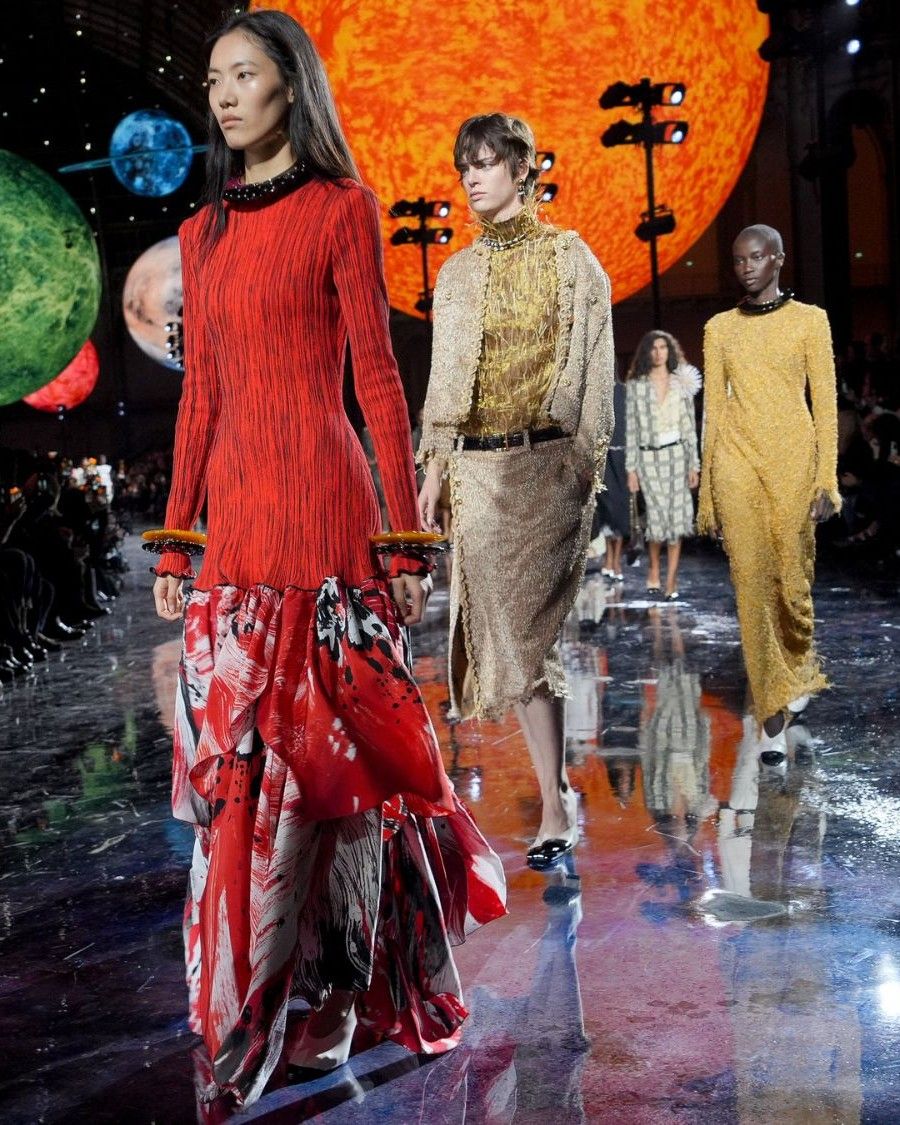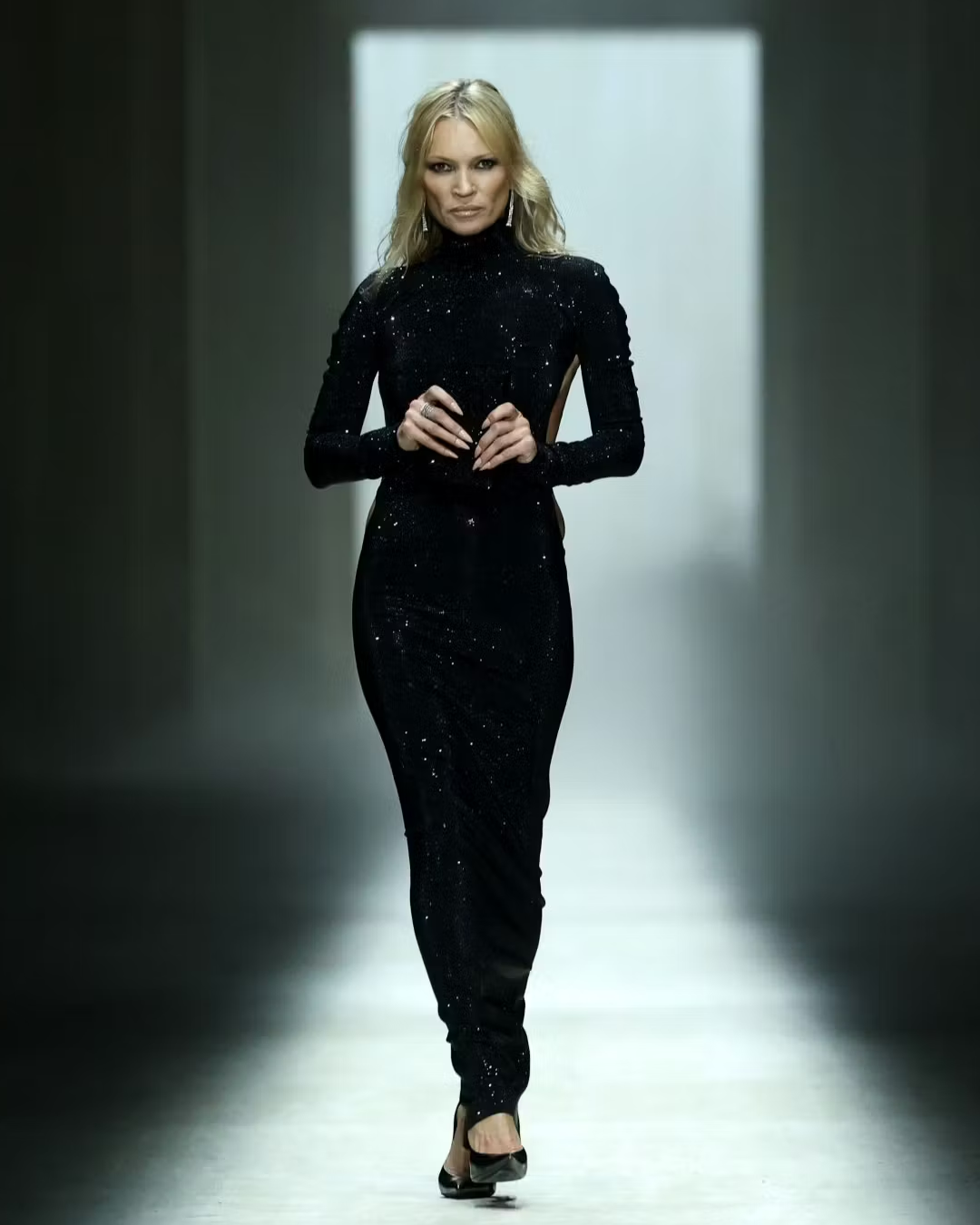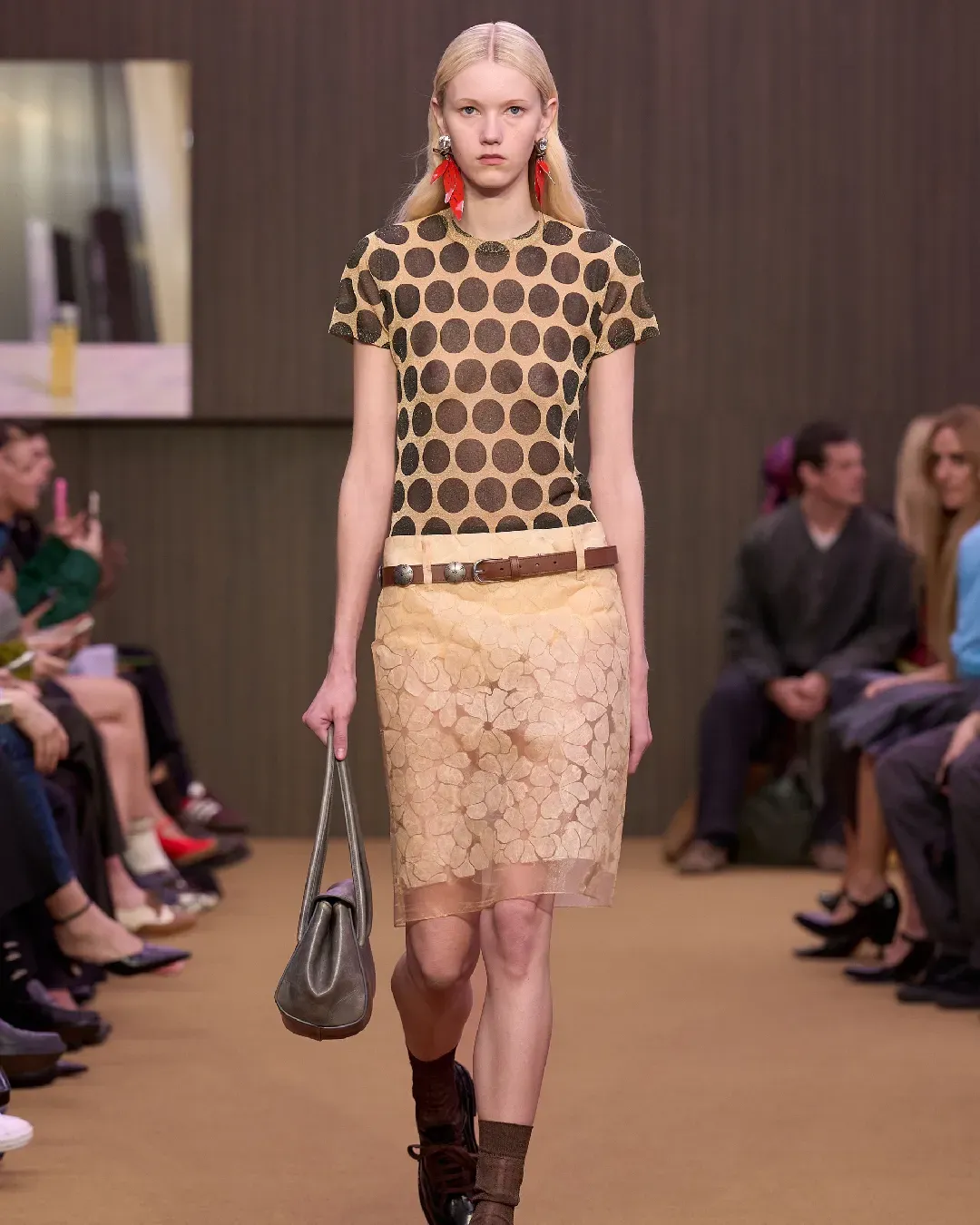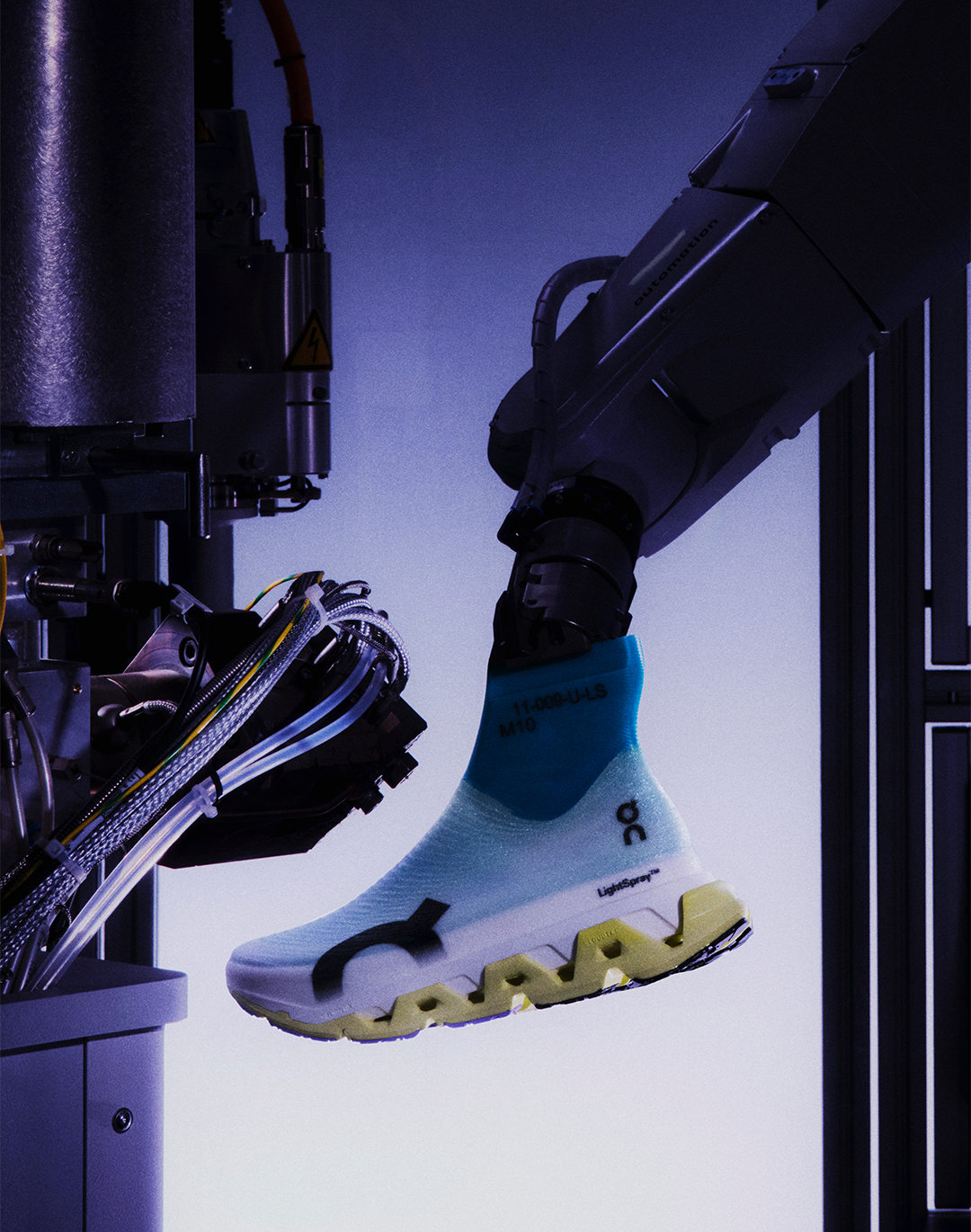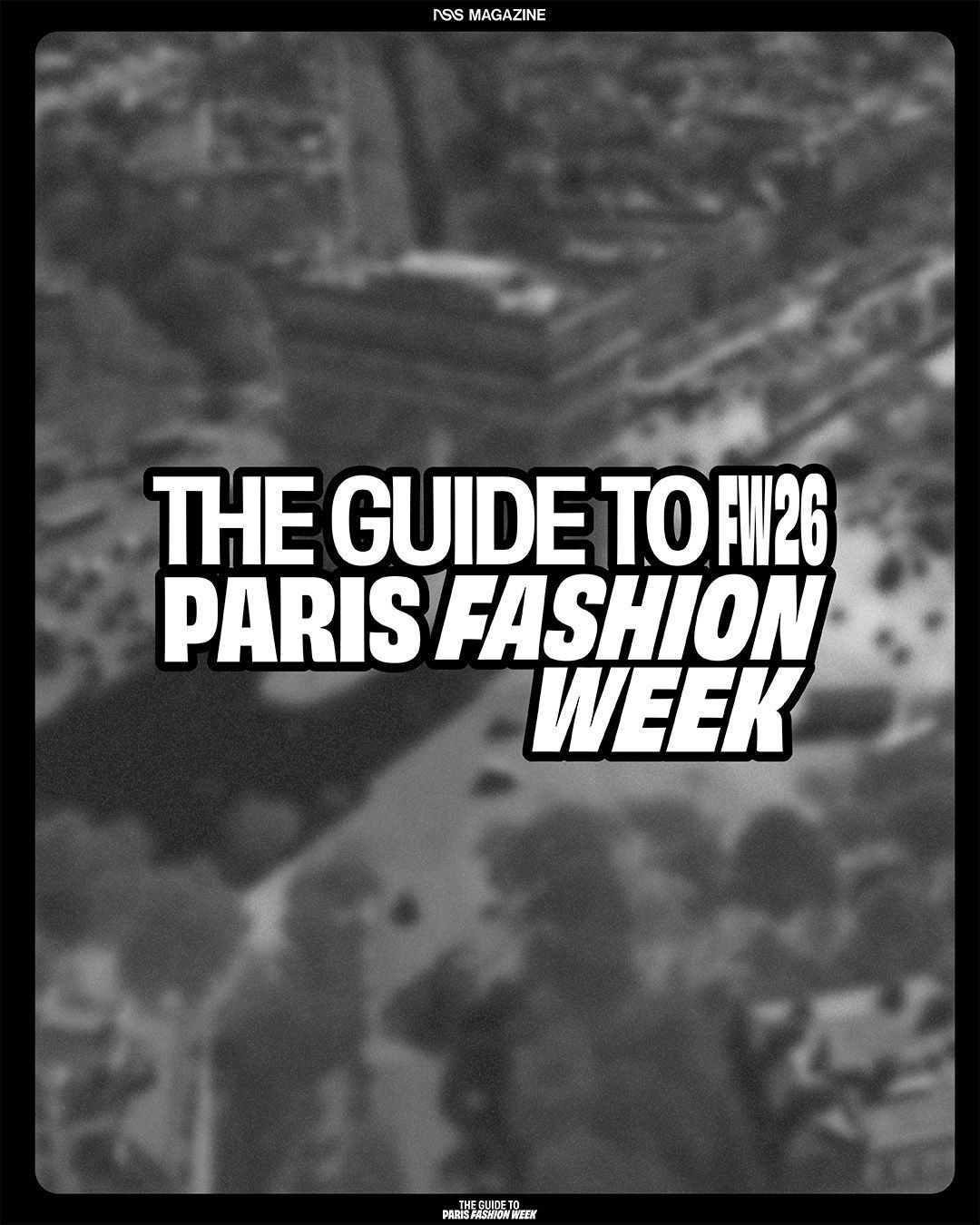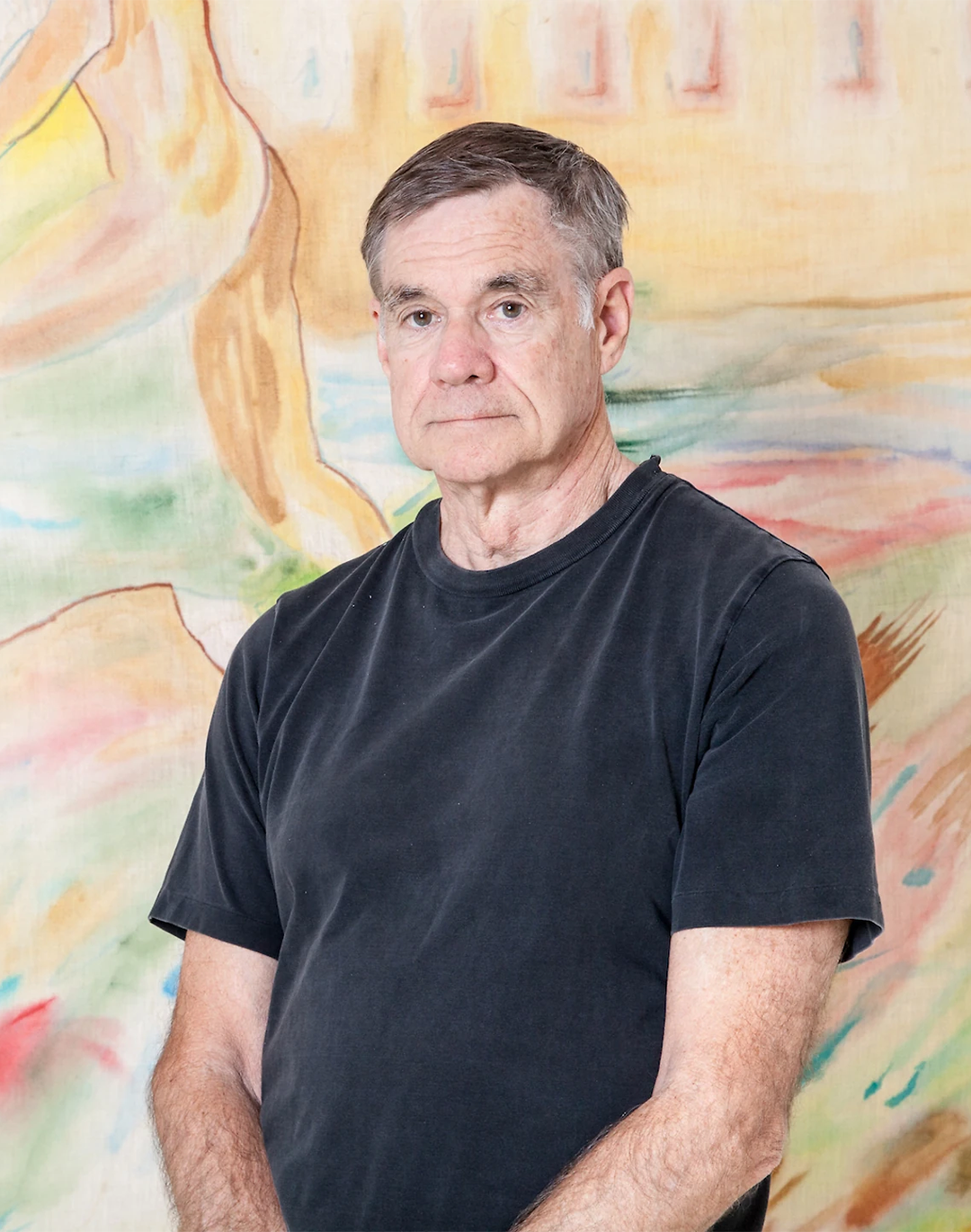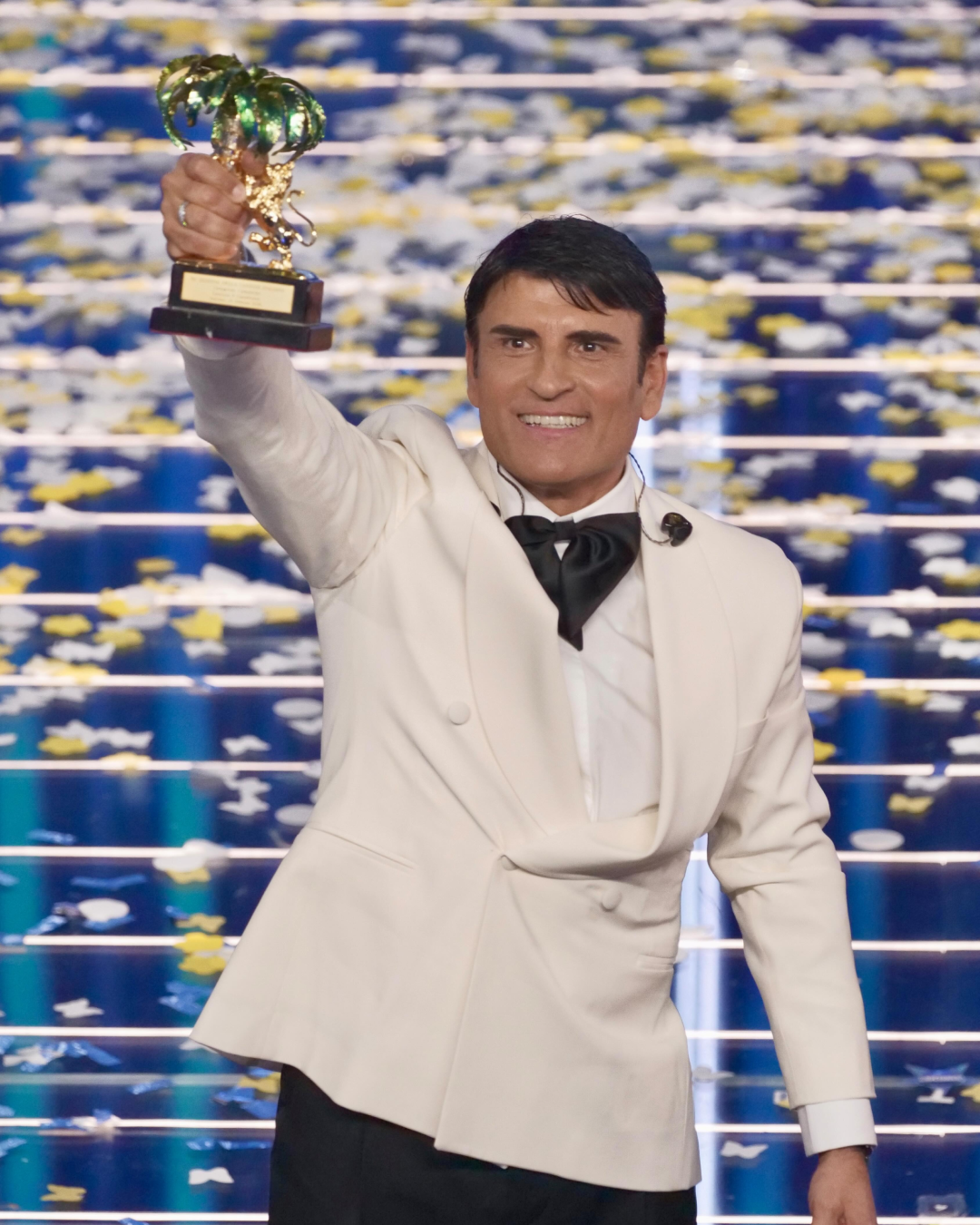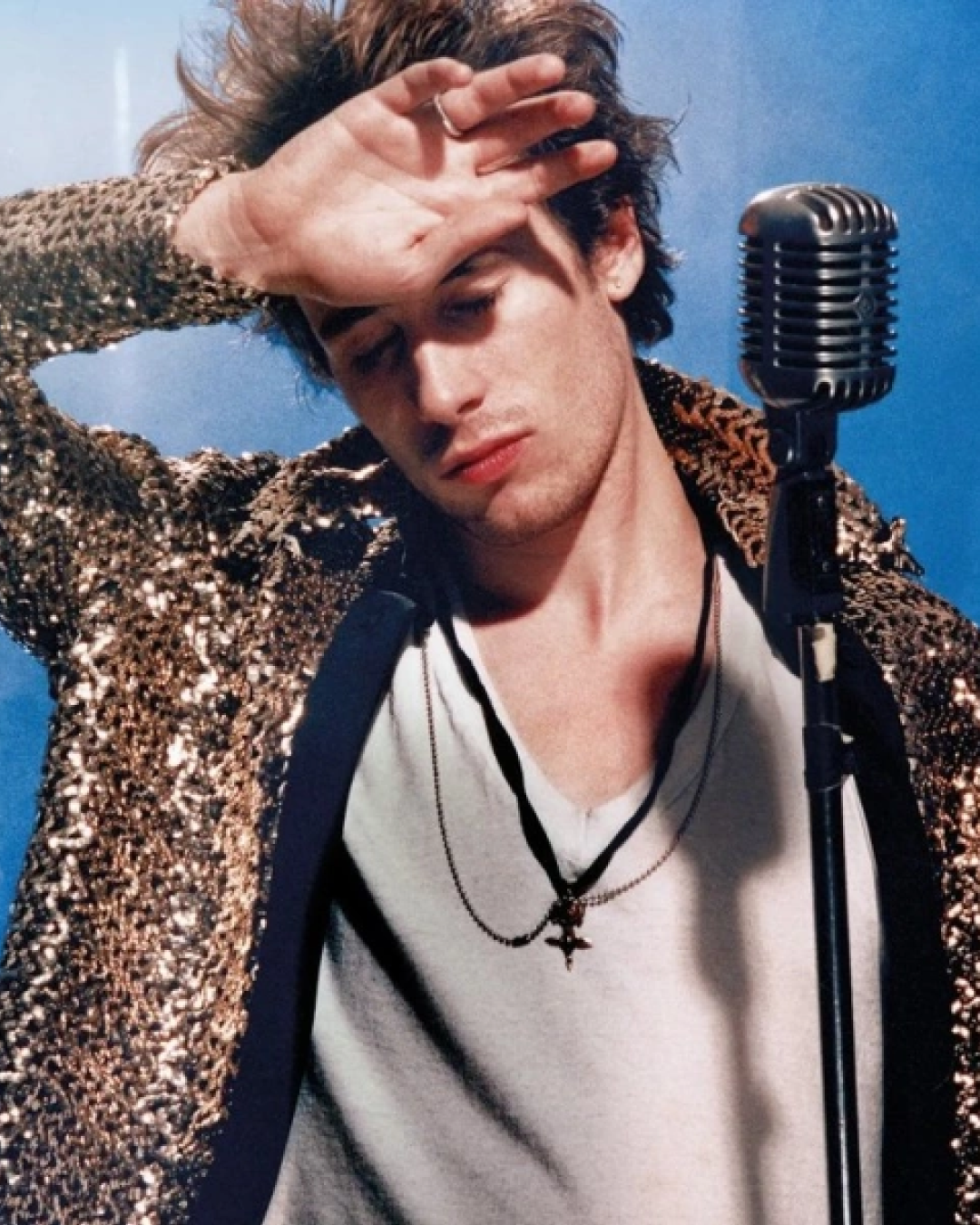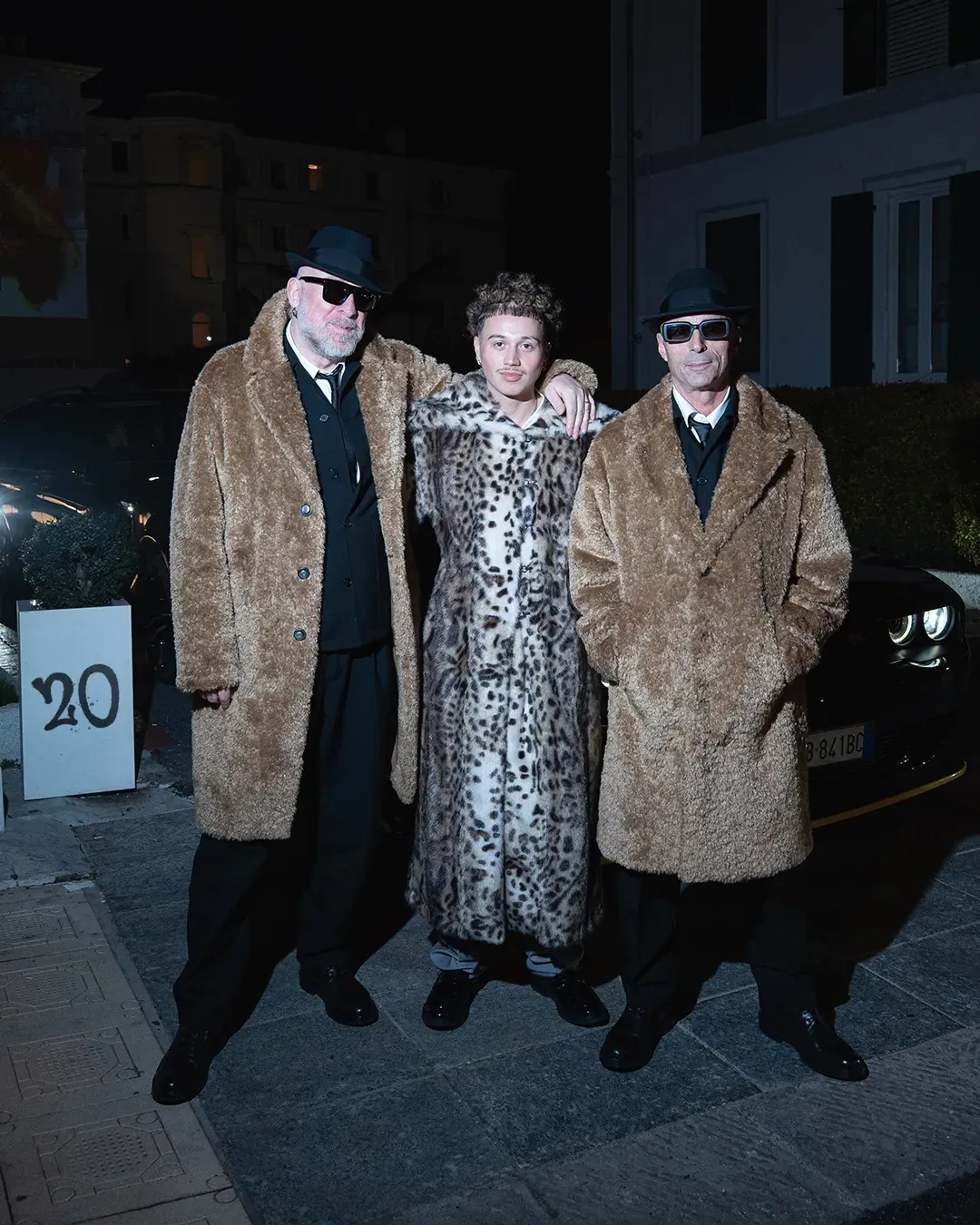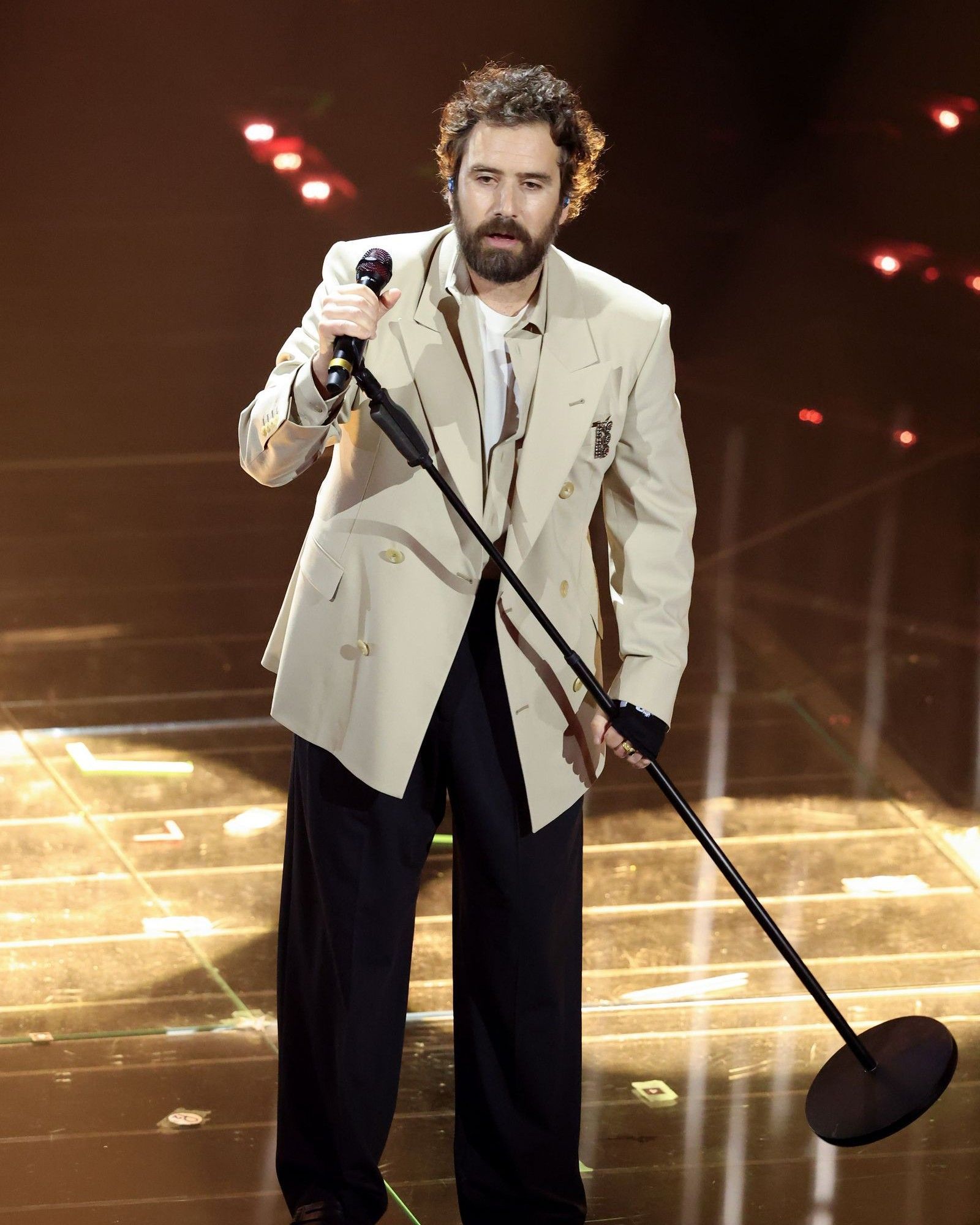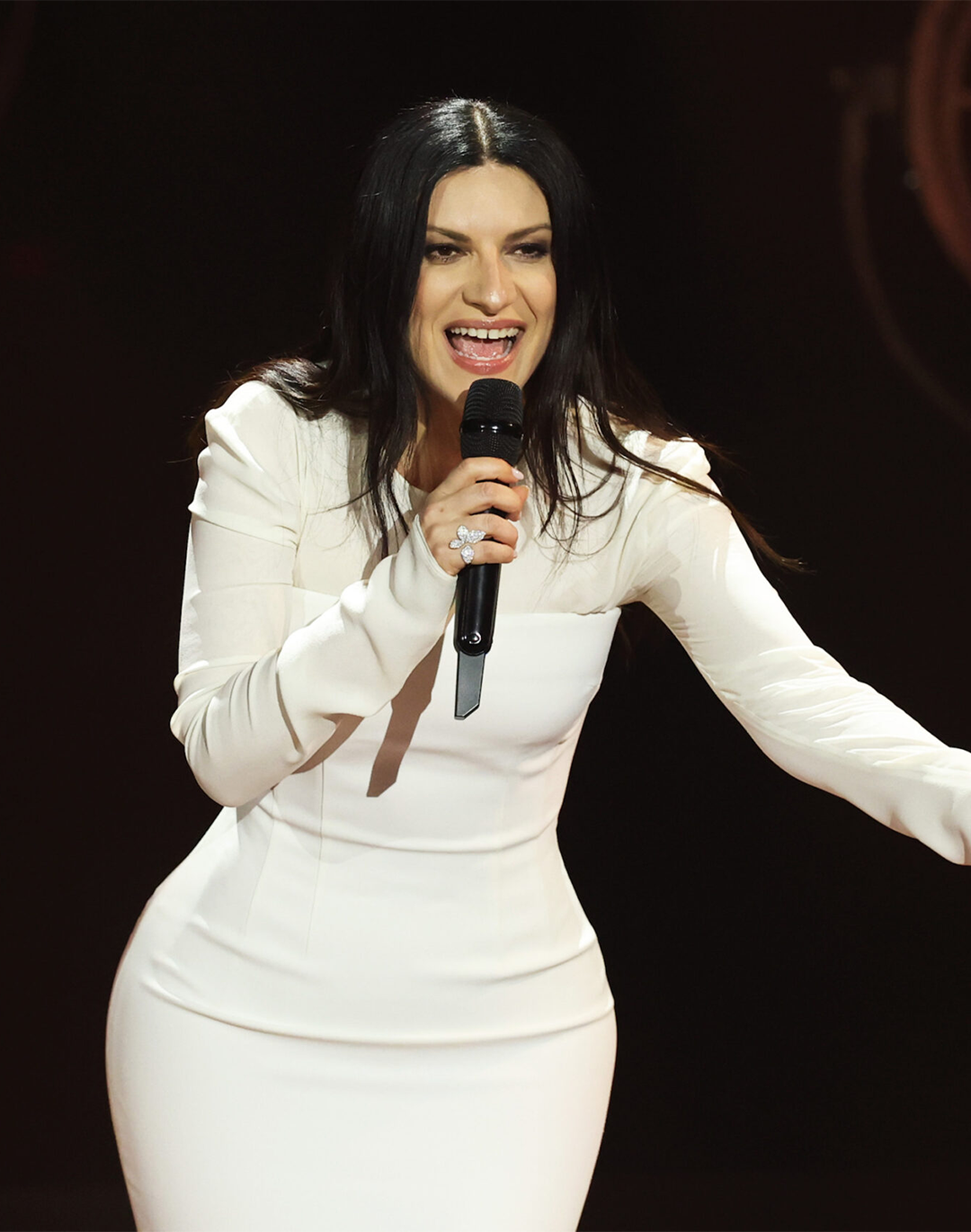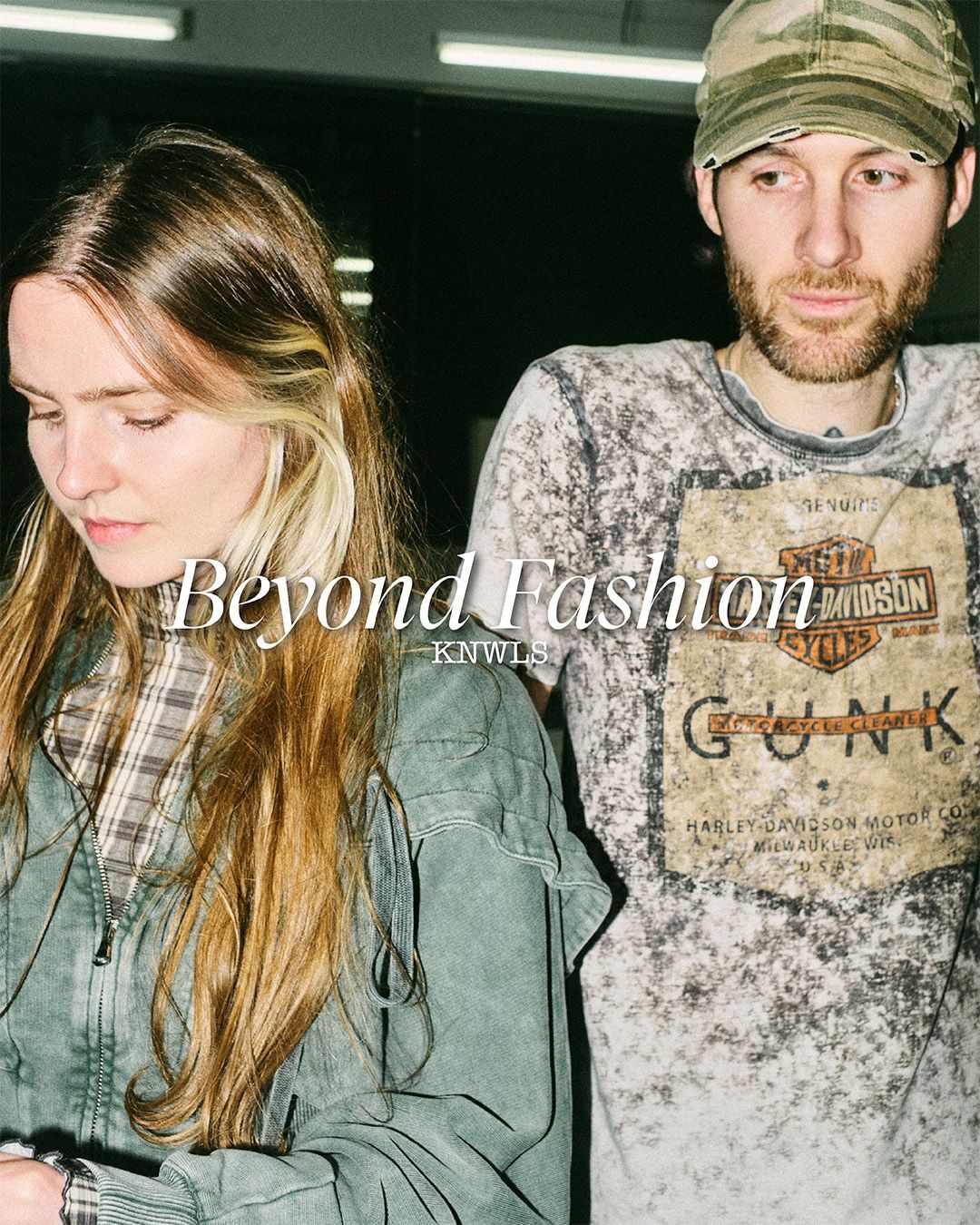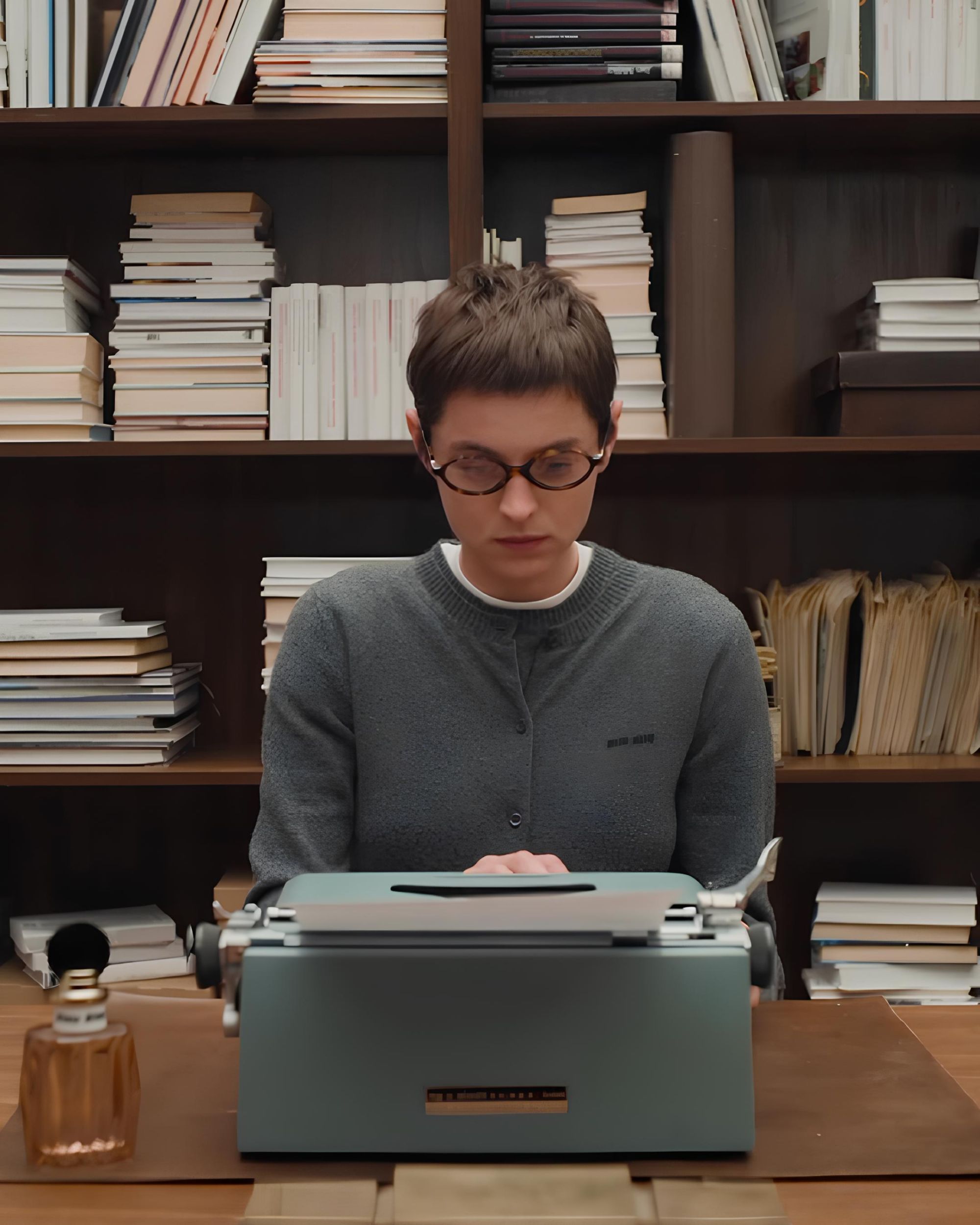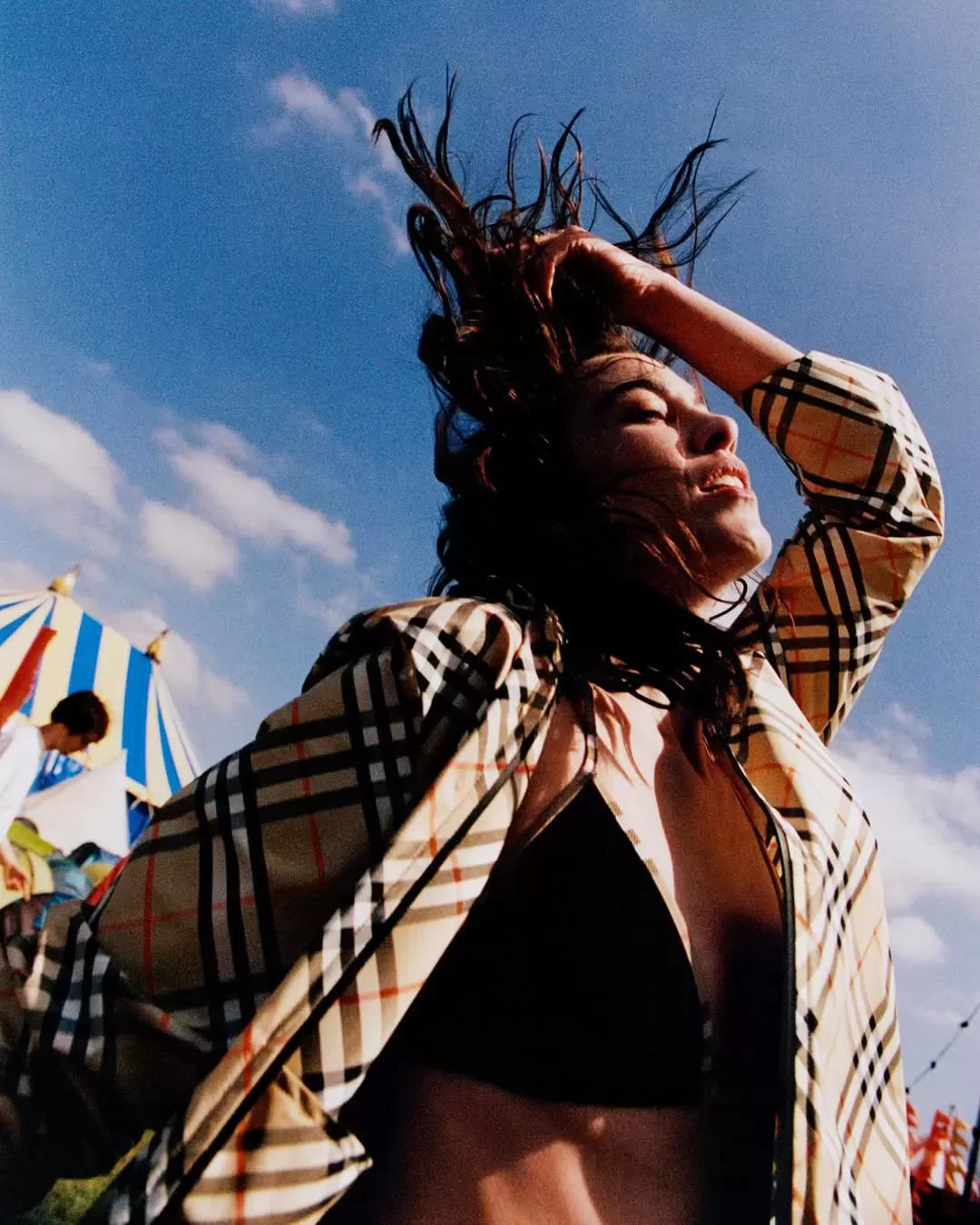
Do we really need "The Ferragnez"? Between humanization and simplification of pop icons
Interviewed by Alessandro Shy Masala in his podcast Breaking Italy, Fedez - to the question of whether and how much The Ferragnez resembled Keeping Up with the Kardashians - replied: "not at all, that was a reality show, this is a small fragment of our life, and within it individual moments that certainly do not take up an entire day". Nothing more true: The Ferragnez, the Prime Video series on the most famous family in Italy, is not a reality show about the Ferragni-Lucia family, it does not guarantee exclusive access to their lives. For that, on the other hand, there is already Instagram.
The possible misunderstanding about what The Ferragnez could be and is not, however, is immediately clarified at the beginning of the series: Fedez and Chiara are with an analyst to start a couple therapy path that will last for the whole series. Each session deals with a topic, each topic gives the title to its episode. A sort of narrative device, which transforms everything into a long interview/analysis and condenses within all the most interesting moments of the series - if not the only moments - in which we have the opportunity to really get to know the couple better, in which we are told something we did not know about them (especially Fedez). They make it clear - in an overly didactic and repetitive way - that Chiara and her family are enthusiastic about life, who love to spend their time together and exchange affection, even physical, while Fedez and his family don't kiss, they don't say I love you, yet "his parents would have themselves killed for him", Chiara says at one point. Their way of understanding life is told to us in such a simple and binary way that it is very easy to represent it with a meme, which promptly happened. There are two independent houses facing the sea, Fedez is a black house, Chiara the all pink one.
Lo psicologo e Chiara: Fede, tu devi pensare positivo nella vita. Apriti alle persone.
— xemmex (@itsmirianas) December 9, 2021
La nonna di Federico:#TheFerragnezLaSerie#theFerragnez #fedez pic.twitter.com/1toRfW9PyH
Outside of the moments of "psychoanalysis" - an all in all positive message that Fedez has been trying to carry out for a long time - what remains of The Ferragnez is not much, especially for those who are among the nearly 40 million followers combined of the couple. The angle of the shot changes, but the unnatural habit that Fedez and Chiara Ferragni have of being in front of a camera (doesn't metter if the iPhone's one or a camera) dilutes anything, any moment of potential embarrassment due to having to fight with your wife or husband in a cabin room with a camera pointed in your face. The Ferragnez is at the same time a fake and yet incredibly realistic product, it is the exact representation of an impossible life that still exists.
The series has the limit of having been conceived as a cultural product that does not exist, for an audience that also does not exist. At least it does not exist in Italy, where the non-existence of pop culture has led to the formation of an audience that does not understand the very concept of pop culture, and would not be able to distinguish a product even if it had it in front of it. Chiara Ferragni and Fedez are the only pop culture that Italy has been able to produce and consume, but are we sure that The Ferragnez represents it? It was decided to expand a long and interesting couple interview to build a product that shows scenes we already know, the memes of Leone, the disguise of Fedez as Santa Claus, his cries for the potential disqualification of Sanremo and his talent as entrepreneur: we already knew everything and had the opportunity to appreciate it. The at least peculiar use that Fedez and Chiara made of social media during the pandemic worked much better than a TV series and had the same goal: to humanize two successful and tremendously influential people. In this The Ferragnez makes a bit of the same mistake as Chiara Ferragni's documentary, it does not add anything new, but rather tries to novelize a story that does not need to be fictionalized for the simple reason that Instagram and social media have destroyed novels. On the other hand, what a cultural television product should do - and what all successful TV series are appreciated for - is to build a trajectory, to make the characters evolve within it.
È tutto così perfettamente accurato #theferragnezlaserie pic.twitter.com/C6ajEMfQUW
— MαяıAłı (@mari_ali92) December 9, 2021
The only evolution of The Ferragnez is instead of Fedez who completely eats up his wife's media exposure. It is his traumas that keep us glued to the screen, his tears, his relationship with his son and fatherhood, his friendship with Luis, his parents who still live in Rozzano and the grandmother of the Giambellino public housing. When the Ferragnezes receive the Ambrogino D’oro we see the emotion in the eyes of Fedez's grandmother while we think that for Chiara it is all due. The pandemic and everything that followed, including The Ferragnez, seems like a huge monument to the way Fedez built his social identity, making those two letters, -ez, more socially relevant than Ferragn-, in Italy obviously. If the Twitter trend topics constituted a reliable sentiment analysis, looking at them you would immediately notice how 90% of users talk only and exclusively about Fedez, what he does and how he is.
If the series wanted to guarantee Fedez another boost of sympathy that will allow him - complaints allowing - more and more to manipulate public opinion, the operation can certainly be considered successful. If they wanted to humanize - as far as possible - a very rich couple by showing us how even the lives of the rich can be deeply boring, too. There probably won't be much left of The Ferragnez, if not a few memes, while Chiara and Fedez's posts will continue to define what they are. Or rather, what they want to tell us they have become: a perfectly imperfect family, two opposites that attract each other. A provincial upper-class girl who falls in love with the rapper from the Milanese suburb with tattoos who in the meantime has become an entrepreneur and a great father, Beyoncé and Jay Z, but in Crema and Rozzano instead of Houston and Brooklyn. A very Italian story after all.


